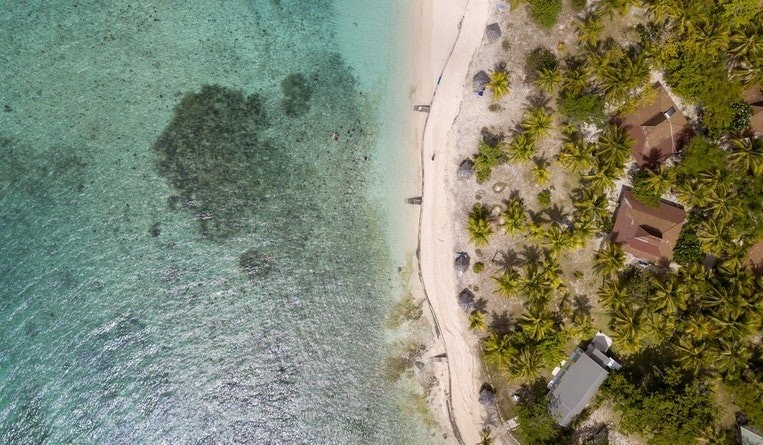Proposed changes to the new Fiji IP law
05 February 2021

The Fijian Parliament has issued New Trademark, Patent and Design Bills that included provisions that were previously absent in the legislation to meet requirements of the TRIPS agreement and to satisfy the intention to join the Madrid Agreement and Paris Convention. Common changes to the bills across Trade Marks, Patents and Designs relate to having a domestic examination of applications, recognising priority rights and applications and the introduction of compulsory licensing.
Presently, the Fijian government is reviewing the bills and is receiving written submissions from third parties regarding the proposed bills until February 13, 2021, where many of the local Fijian stake holders have already provided submissions. It is, however, unclear when the bills will be legislated.
According to Ryan Boe, Senior Associate, Spruson & Ferguson, this new bill will provide efficient avenues to protect their IP in foreign countries and cost savings where agreements such as the Madrid Agreement are in place.

“With priority rights recognised, it gives Fijians time to justify filing into foreign countries and potentially avoid issues that have arisen from registration of Fiji originating IP by third parties overseas,” he says. “There have been instances of Fijian brands, for example around Fijian produced water, that has been adopted by third parties overseas causing dilution of Fijian Trade Marks. Businesses will be able to interact with digital systems and official registries instead of needing to manually file or manually search the register.”
He, however, sees some challenges lined up ahead, especially with bringing the Fijian Intellectual Property Office (FIPO) up to the expected efficiency, and rigour levels required (such as taking 10 years to register a trademark in Fiji).
“There are requirements to implement digital systems to process, store and interface with locals and foreign bodies regarding intellectual property applications,” he says, “Trademark changes introduce the Madrid System which will divert business away from local IP providers. It will make it easier for foreign companies, groups or individuals to file into Fiji, potentially taking business away from locals. Employing and training the number of required locals to administer the new systems poses some challenges. Some of these issues can be resolved with time and training.”
He added, “The Fijian government has expressed an intention to legislate these bills and it seems likely that a good portion of the proposed amendments of the bills will be implemented. The main concerns raised related to the increased administrative burden and increased foreign accessibility. With time to implement the required systems and training, the future for Fijians looking to expand the reach of their brands, products and services overseas via export looks bright.”
Excel V. Dyquiangco






